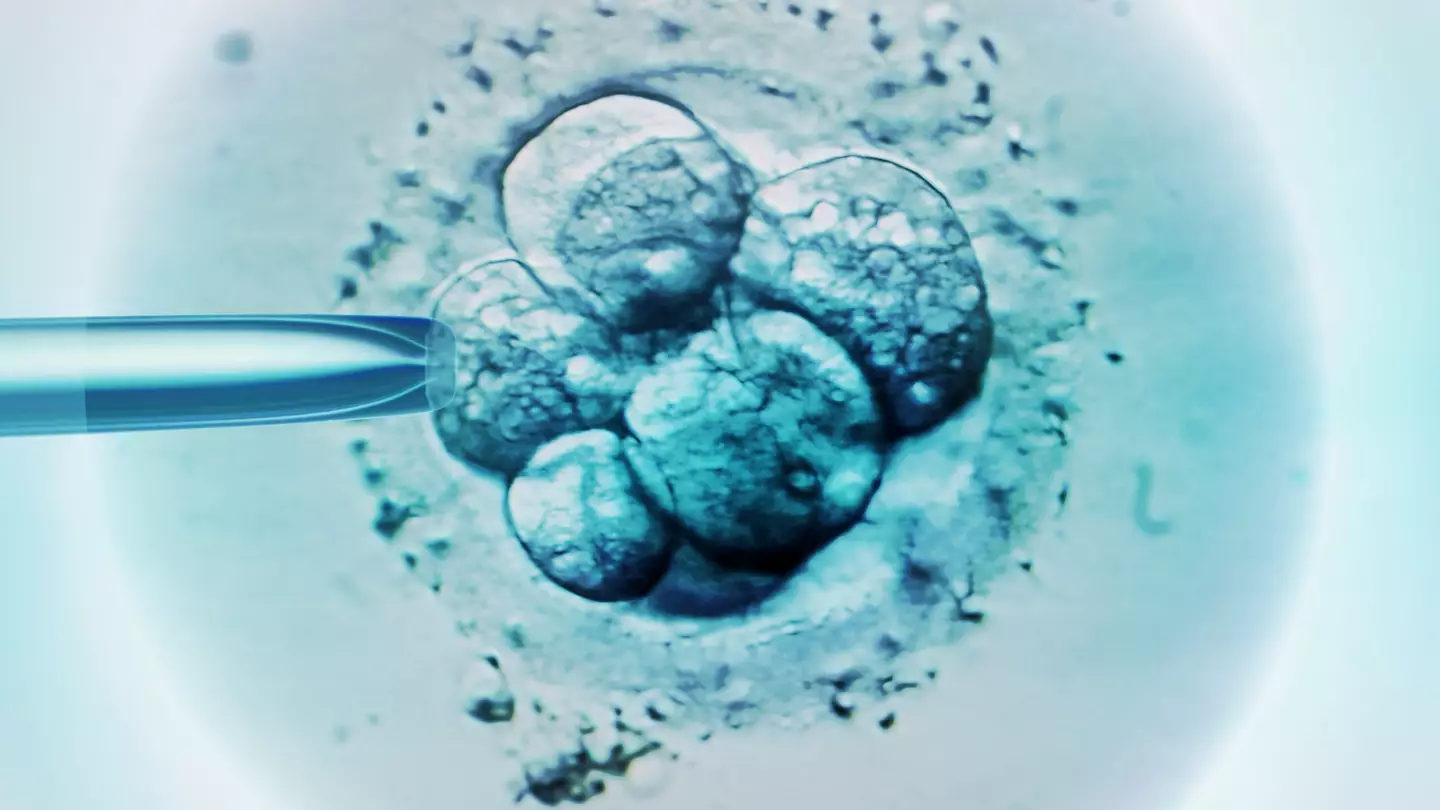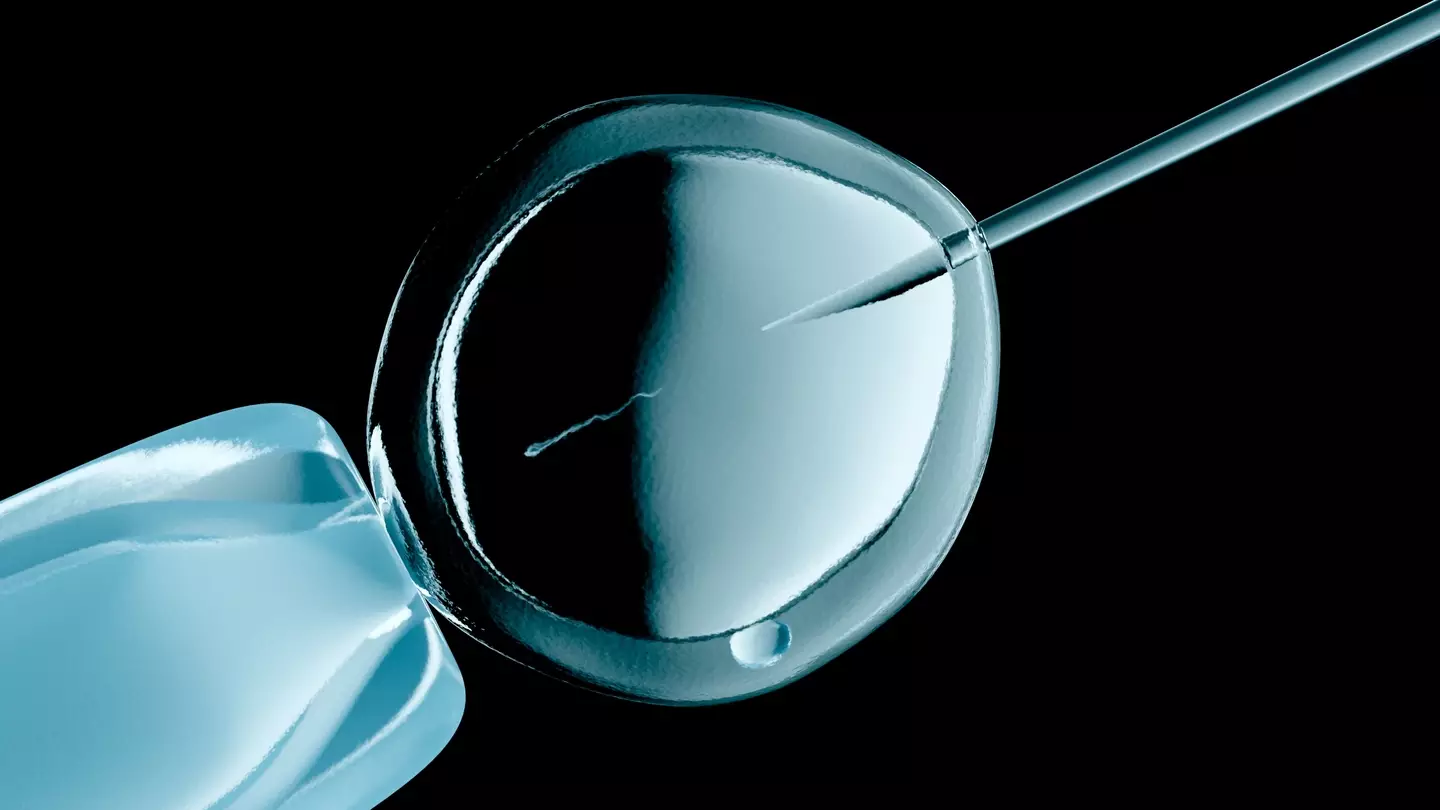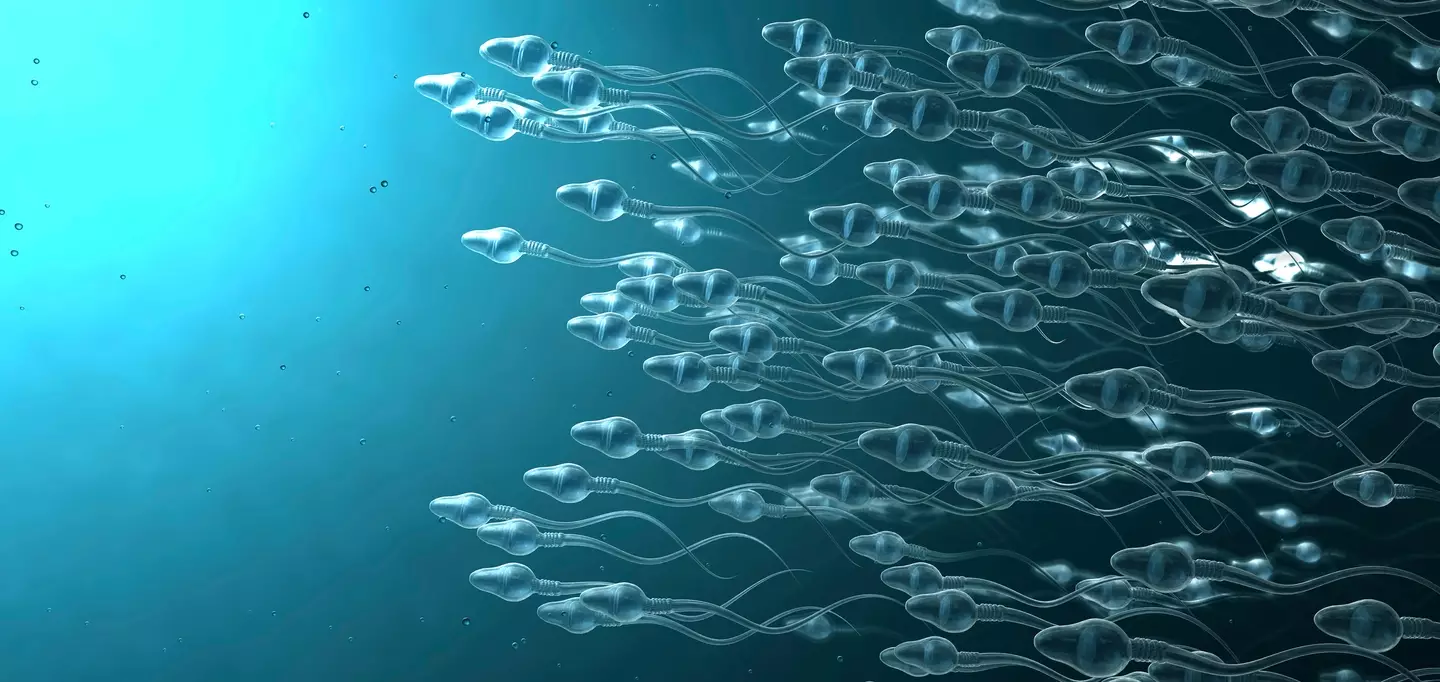A worrying new report has raised questions about the rules surrounding sperm donation.
After ten children were diagnosed with cancer, their families have traced it back to the same singular sperm donor with a rare genetic variant.
The shocking story, reported by The Guardian on May 23, has highlighted issues on the lack of internationally agreed limits for sperm donors.
It’s been revealed that the donor in question, who has a rare cancer-causing mutation, fathered at least 67 children between 2008 and 2015.
10 of those children have received a cancer diagnosis, such as leukaemia and non-Hodgkin lymphoma.
The case has raised concerns about the regulations of sperm donation (Getty Stock Image) Meanwhile, 23 were found to have the variant.
The concern was initially sparked when two family members of the children independently contacted their fertility clinics to raise the alarm bell that their kids had diagnoses that were linked to the variant.
The European Sperm Bank, which supplied the sperm, then confirmed that the variant in a gene called TP53 was present in some of the donor’s samples.
And if you’re wondering what the limits are at the moment, that specific bank currently applies a worldwide limit of 75 families for each sperm donor.
The publication reports that the bank confirmed that the total number of children the donor fathered is actually higher than 67 - but they can’t disclose the exact number.
However, they are said to have notified the relevant clinics of the discovery.
Since the story came to light, experts have called out for change to avoid something like this happening again.
According to the publication, the biologist who presented the case, Dr Edwige Kasper, has called for tighter regulations.
She said: “We need to have a European limit on the number of births or families for a single donor.
A worrying case has seen 10 children from the same sperm donor be diagnosed with cancer (Christoph Burgstedt/Science Photo Library) “We can’t do whole-genome sequencing for all sperm donors - I’m not arguing for that.
“But this is the abnormal dissemination of genetic disease. Not every man has 75 children across Europe.”
It wasn’t known that the variant had links to cancer at the time of the man’s donation and it wouldn’t have been picked up by the standard screening process.
However, after a series of lab tests, Kaspar discovered that the variant was likely to be cancer-causing.
The expert has suggested that children born from this donor should receive ‘genetic counselling’.
A genetic counsellor is a healthcare professional who helps individuals and families understand, manage, and adapt to their genetic conditions.
The children are also advised to be monitored with 'regular whole-body MRI scans, MRI scans of the brain'.
When they reach adulthood they will need regular breast checks and ultrasound examinations of the abdomen.

.jpeg) Madison Burgess
Madison Burgess
